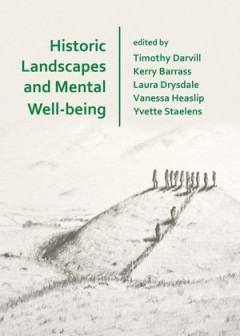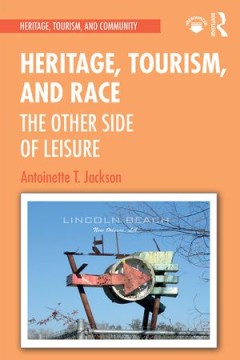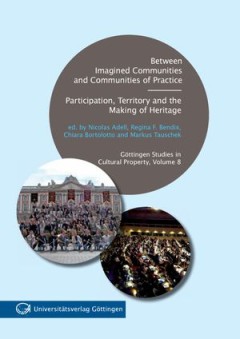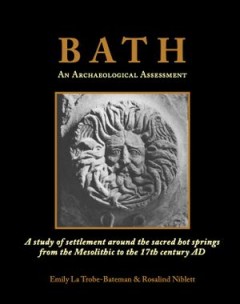Filter by

Historic Landscapes and Mental Well-being
Using archaeological sites and historic landscapes to promote mental health well-being represents one of the most significant advances in archaeological resource management for many years. Its potential contribution to health-care and wellness initiatives is boundless. Prompted by the Human Henge project working within the Stonehenge and Avebury World Heritage Site, this volume provides an over…
- Edition
- -
- ISBN/ISSN
- 978-1-78969-269-3
- Collation
- -
- Series Title
- -
- Call Number
- 930.1 DAR h

Heritage Regimes and the State
What happens when UNESCO heritage conventions are ratified by a state? How do UNESCO’s global efforts interact with preexisting local, regional and state efforts to conserve or promote culture? What new institutions emerge to address the mandate? The contributors to this volume focus on the work of translation and interpretation that ensues once heritage conventions are ratified and implement…
- Edition
- Second, revised Edition
- ISBN/ISSN
- 978-3-86395-122-1
- Collation
- -
- Series Title
- Göttingen Studies in Cultural Property, Volume 6
- Call Number
- 930.1 HER

Heritage, Tourism, and Race : The Other Side of Leisure
Heritage, Tourism, and Race views heritage and leisure tourism in the Americas through the lens of race, and is especially concerned with redressing gaps in recognizing and critically accounting for African Americans as an underrepresented community in leisure.Fostering critical public discussions about heritage, travel, tourism, leisure, and race, Jackson addresses the underrepresentation of A…
- Edition
- -
- ISBN/ISSN
- 9781003029014
- Collation
- -
- Series Title
- -
- Call Number
- 930.1 JAC h

Between Imagined Communities and Communities of Practice : Participation, Ter…
Community and participation have become central concepts in the nomination processes surrounding heritage, intersecting time and again with questions of territory. In this volume, anthropologists and legal scholars from France, Germany, Italy and the USA take up questions arising from these intertwined concerns from diverse perspectives: How and by whom were these concepts interpreted and re-in…
- Edition
- -
- ISBN/ISSN
- 978-3-86395-205-1
- Collation
- -
- Series Title
- -
- Call Number
- 301 BET

Bath : An Archaeological Assessment : A study of settlement around the sacred…
For centuries, the remains of the great Roman-British bathing and temple complex in the center of Bath have attracted the interest and imagination of countless visitors to the city. But there is more to the archaeology of Bath than its Roman monuments. Human settlement here has spanned ten millennia, dating back to the final retreat of the ice sheets from Britain at the close of the last Ice Ag…
- Edition
- -
- ISBN/ISSN
- 978-1-78297-998-2
- Collation
- -
- Series Title
- -
- Call Number
- 930.1 LAT b
 Computer Science, Information & General Works
Computer Science, Information & General Works  Philosophy & Psychology
Philosophy & Psychology  Religion
Religion  Social Sciences
Social Sciences  Language
Language  Pure Science
Pure Science  Applied Sciences
Applied Sciences  Art & Recreation
Art & Recreation  Literature
Literature  History & Geography
History & Geography